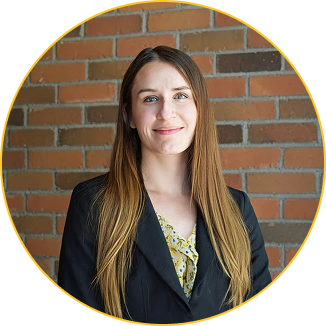Experiential learning for practical skills in alternative dispute resolution
The Lodestar Mediation Clinic, an integral component of the nationally recognized Lodestar Dispute Resolution Center, provides students the opportunity to learn about alternatives to litigation while gaining practical experience about the mediation process. Student attorneys experience an intensive training program focusing on the theory, strategy and skills involved in the mediation of legal disputes, then act as mediators in civil (non-family) cases in Maricopa County Justice Courts and shadow professional mediators with the EEOC and the Maricopa County Superior Court before conducting an EEOC capstone federal sector mediation.

